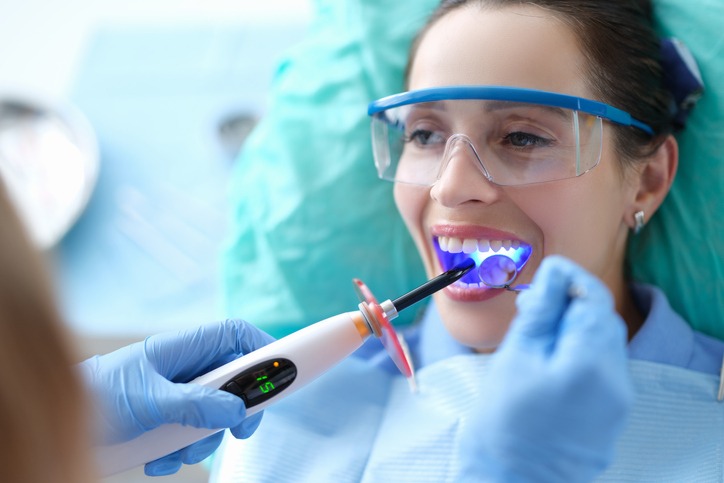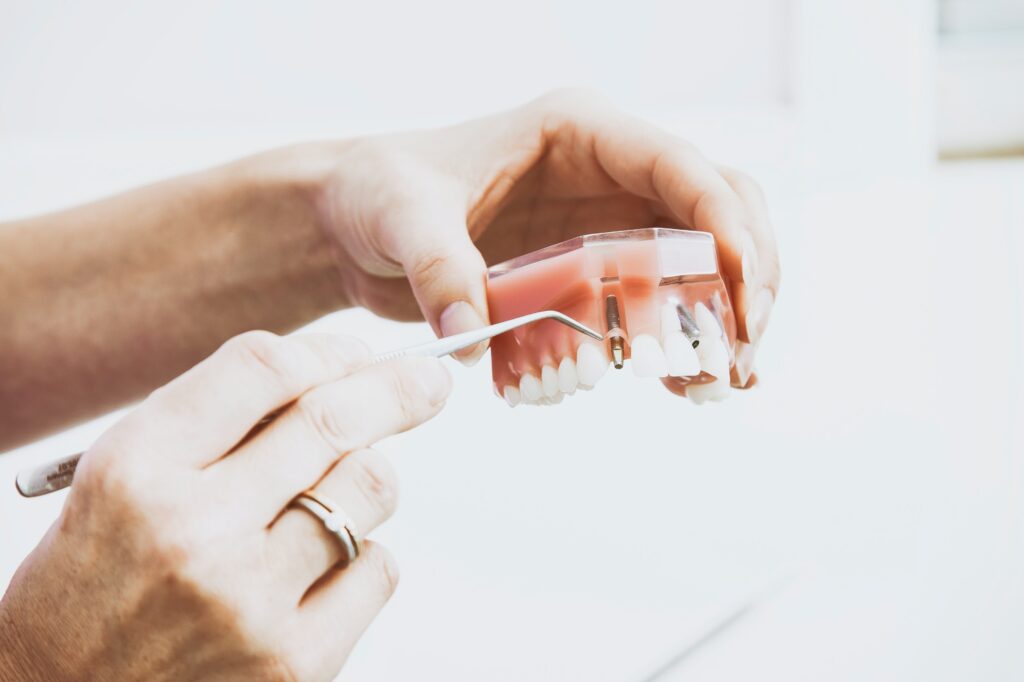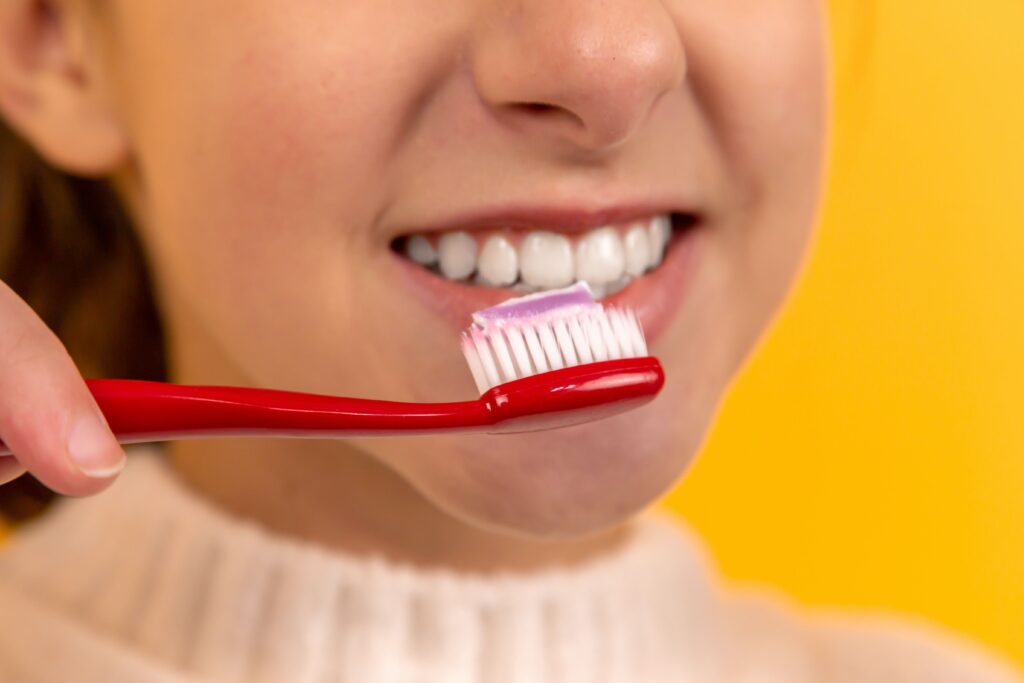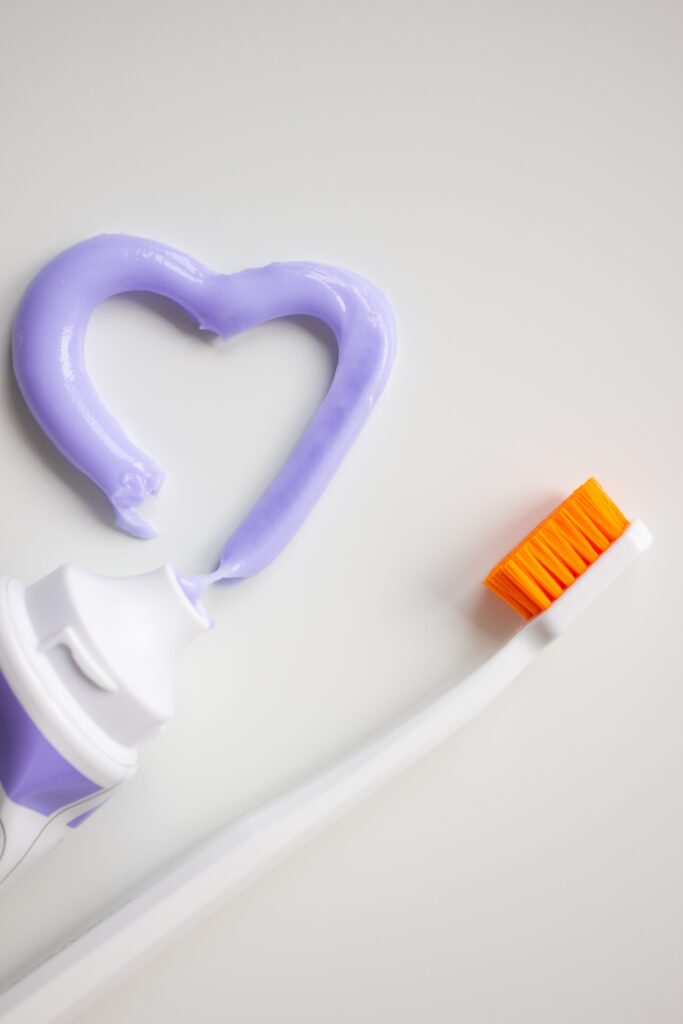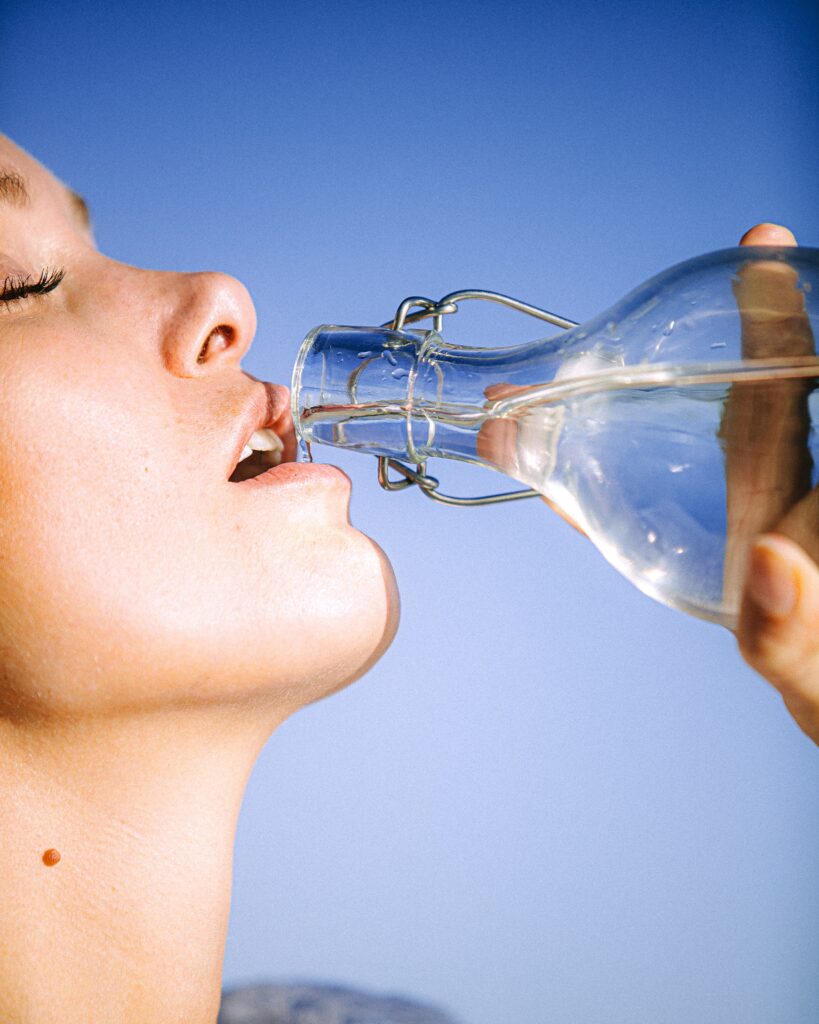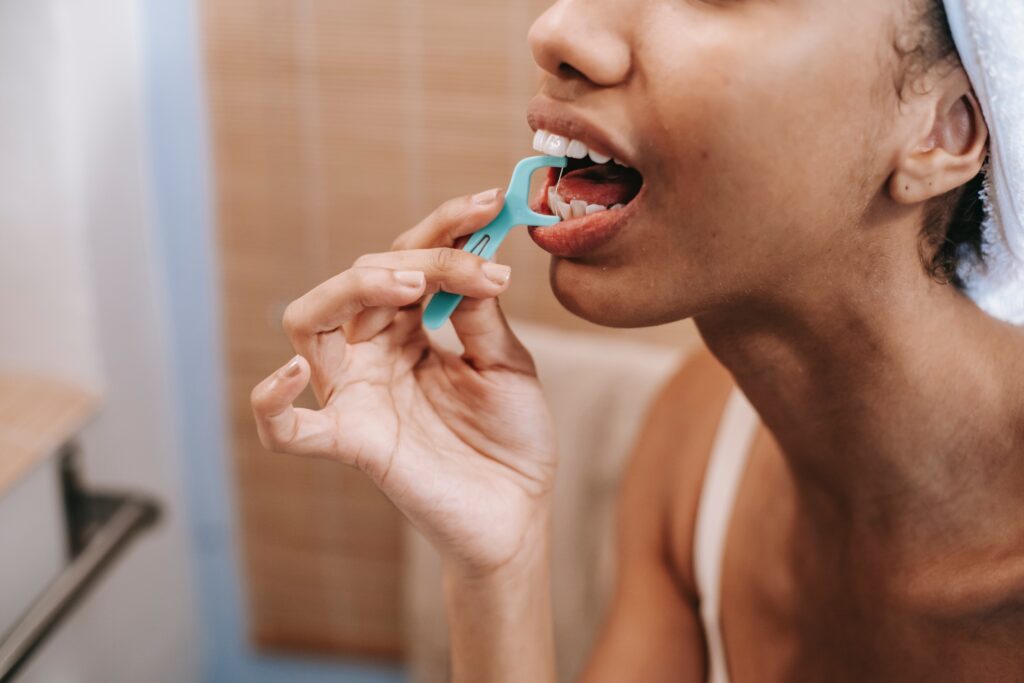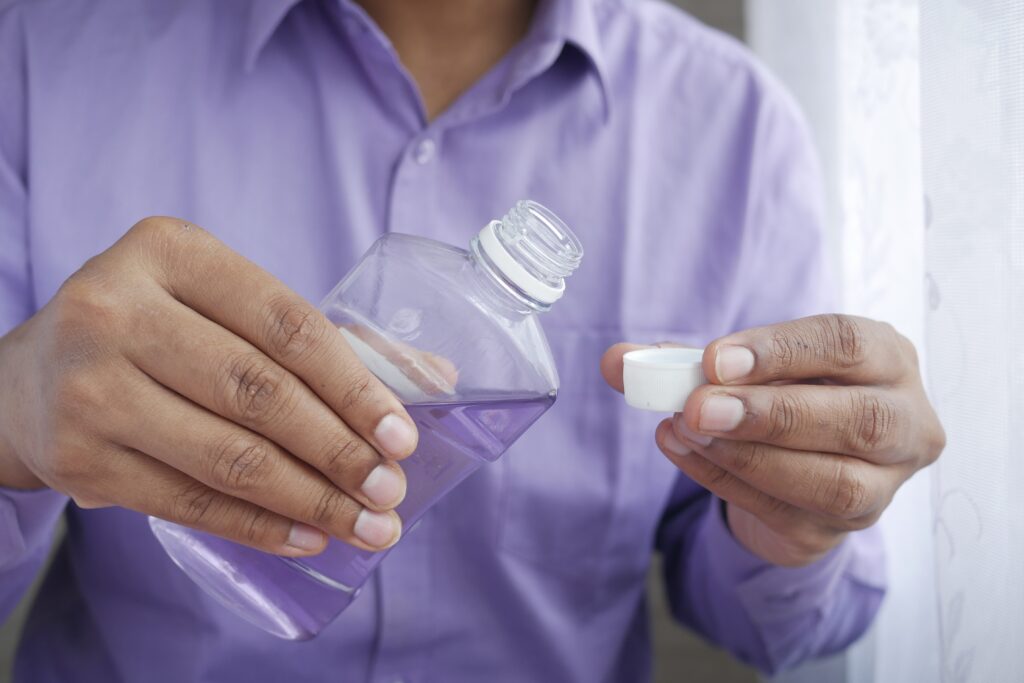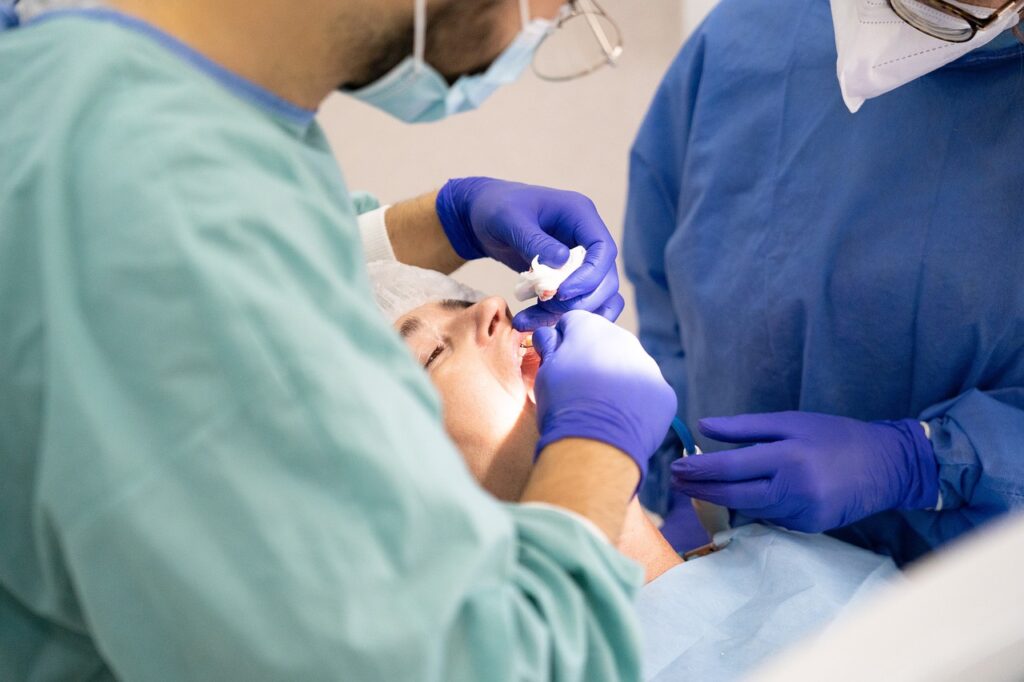Hormones affect a considerable part of our lives. They play essential roles in our development, maturation, and susceptibility to some diseases and infections.
Hormonal changes in women make them more vulnerable to oral health conditions due to changes their bodies undergo from time to time.
Hormones causing these changes are estrogen and progesterone, which are used by the female’s body to manage the reproductive system and also directly affect the gum.
Women’s oral health is more vulnerable during these five stages of their lives.
1. Puberty
Puberty leads to an increase in the production of estrogen and progesterone. This increase can affect the blood flow to gums and change how the gum reacts to bacterial plaque.
The gum tissue may become red, tender, and in extreme cases, swollen gums prone to bleed during brushing or flushing. Some teenagers may experience canker sores, most of which heal independently.
2. Menstruation Period
The monthly period leads to an increase in progesterone which causes hormonal changes. Some women experience oral changes like bright red swollen gum, swollen salivary gland, canker sores, and bleeding gums.
Infections like menstruation gingivitis occur a day or two before the onset of the menstrual period and go during the cycle.
3. During Pregnancy
Pregnancy brings about a significant change in hormonal levels, mainly a rise in progesterone, affecting oral health.
Pregnancy gingivitis can occur anytime between the second and eighth month of pregnancy. Pregnant gingivitis causes the swollen gum and makes it bleed easily.
4. Oral Contraceptive
Birth control pills contain a sizable amount of progesterone which can affect the oral health of the women taking them.
This causes some sensitivity in the gums and causes them to overreact to plaque. However, newer oral contraceptives contain lower amounts of progesterone.
Birth control pills made of synthetic estrogen can impair the biological ability to produce estrogen, and decreased estrogen is linked with temporomandibular joint (TMJ) and increased inflammation. TMJ is a jaw-related problem, including the surrounding muscles.
You should inform your dentist if you’re on oral contraceptives or any medication whatsoever. Some drugs can reduce the efficacy of other medicines, or interaction between them might put your health at risk.
5. At Menopause
Advanced age in women is marked by the reduction in estrogen production, which causes significant changes, one of which is oral health. The oral changes during menopause include
- Altered taste.
- Burning sensation.
- Hypersensitivity to temperate food and drinks.
- Dry mouth caused by reduced saliva flow rate
A dry mouth can cause periodontal disease due to the lack of saliva to keep the mouth moist and clean and neutralize the acid secreted by the plaque.
How to Prevent Oral Health Problems
Oral health can be managed Irrespective of your gender and hormone levels. A preventative dentist Liverpool can solve your oral health problems.
The following tips can help with that;
- Brush your teeth with fluoridated toothpaste twice daily and floss once daily.
- Visit the dentist regularly for examination and tooth cleaning.
- Eat a balanced diet and reduce sugary and starchy foods and drinks intake.
- Estrogen therapy has been proven to reduce periodontal disease and tooth loss.
Tips to Prevent Oral Health Issues in Women
Women have oral health concerns that are unique. Changes in hormone levels during menstruation, pregnancy, and menopause might increase the risk of oral, tooth, and gum disorders. Oral health can also be affected by conditions such as diabetes. Frequent brushing, flossing, and visits to the dentist can help avoid oral and systemic diseases.
1. Don’t skip brushing your teeth before bed
The common advice to brush at least twice a day is no secret. However, many of us continue to overlook nighttime tooth brushing. But brushing before bedtime eliminates the bacteria and plaque accumulated throughout the day.
2. Pick healthful, low-sugar options for your meals and beverages
Consuming various foods and limiting sugar-rich foods promote overall and dental health. Avoid snacking on sugary or processed meals and avoid sugar-sweetened beverages like sports or energy drinks, cordials, soft drinks, and juice.
3. Make use of fluoride toothpaste
Beyond whitening effectiveness and flavor, toothpaste should also take other aspects into account. Despite the fact that some individuals are worried about how fluoride can effect other parts of health, it is still an essential part of dental health. This is because fluoride plays a significant part in preventing tooth decay. It works by getting rid of the microorganisms that can lead to tooth decay and by protecting your teeth.
4. Drink plenty of tap water
Fluoridated tap water guards teeth against tooth decay. Ask your local council or dentist if the water in your community has been fluoridated. See your local dentist about additional strategies to prevent tooth decay if you live in a region lacking fluoridated water.
5. Make flossing a regular dental hygiene practice
In addition to removing any food particles or broccoli that may have stuck between your teeth, flossing also stimulates the gums, lessens plaque buildup, and lessens localized irritation. Most people only need to floss once every day to experience these advantages. However, flossing can be challenging, especially for small children and older persons with arthritis. Instead of giving up, seek equipment to make flossing your teeth easier.
6. Consider using mouthwash
Mouthwash can aid in maintaining excellent dental health. Mouthwash is helpful reducing the quantity of acid in the mouth, cleaning the gums and the hard-to-reach areas around them, and demineralizing the teeth. Mouthwashes are useful as an additional tool to help things become more balanced. Among youngsters and elderly adults, whose ability to brush and floss may not be at its best, mouthwash is very beneficial. See your dentist for advice on a specific mouthwash.
7. Schedule a routine appointment for a dental checkup
To keep your teeth, gums, and mouth healthy, schedule frequent dental checkups now rather than waiting until there is a problem. Signs of dental illness include discomfort, trouble chewing, loose teeth, and bleeding gums.
8. Avoid overbrushing
You run the risk of wearing down the enamel layer that shields your teeth if you brush more than twice per day or for more than four minutes at a time. A layer of dentin is visible when the tooth enamel is absent. Small openings in the dentin connect to nerve terminals. You may experience various types of discomfort when these are aroused.
9. Avoid soda and give up smoking
Acid from the soda can damage teeth. It causes cavities, colors the tooth’s surface, and erodes its inner structure. Limit soft drinks and practice oral hygiene to prevent tooth decay from alcohol consumption. Whereas smoking causes discoloration of the teeth and contributes to foul breath, smoking raises the risk of oral cancer and gum disease. The best thing you can do for your oral and overall health is to stop smoking and limit soda consumption.
10. Keep your teeth safe
Accidents affecting the teeth and oral tissue happen frequently, and many injuries occur during contact sports. The damage to teeth, jaws, and surrounding tissue can be reduced using a mouthguard.

